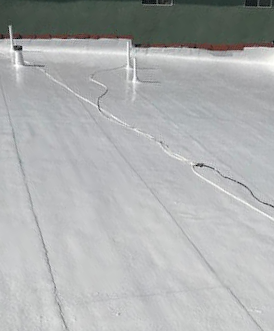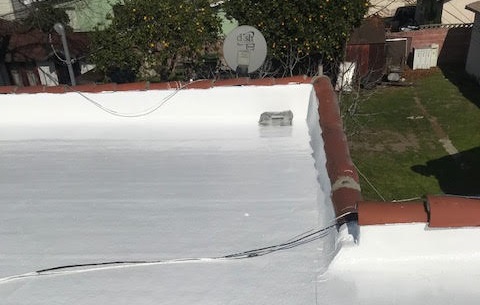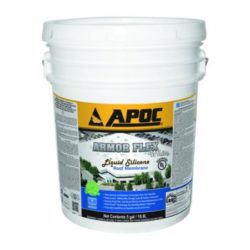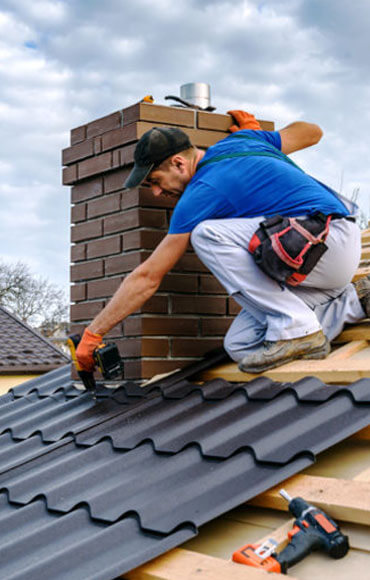Welcome to Modern Roofing, Inc.

For a roof that can withstand the test of time and elements, a protective layer is indispensable. Modern Roofing, Inc. is your premier destination in Southern California for high-quality roof coating services. Our expertise lies in reinforcing and revitalizing roofs, providing them with an added shield against the dynamic weather patterns of our region.
Our Mastery in Roof Coating
A roof is more than just a shelter; it’s an investment. By employing the right roof coating, we not only extend the life of your roof but also enhance its energy efficiency and resistance against potential damages. Let us introduce you to the transformative world of roof coating.

Coating Materials We Trust:
- Acrylic Coatings: Water-based and highly reflective, these coatings offer excellent protection against UV rays and reduce cooling costs.
- Silicone Coatings: Known for their water repellence and durability, silicone coatings are ideal for areas expecting heavy rainfall.
- Polyurethane Coatings: With high tensile strength, these coatings can handle foot traffic and are especially suited for flat roofs.
- Asphalt-Based Coatings: Providing a water-resistant barrier, they’re perfect for roofs in regions prone to heavy rainfall.
Tailored for Southern California’s Climate
The dynamic climate of Southern California, characterized by its intense sun, sporadic rains, and occasional strong winds, demands a roof with enhanced protection. Our roof coatings are engineered to reflect sunlight, resist water penetration, and fortify your roof against external wear and tear, ensuring it remains unyielding year after year.
Precision in Application
Roof coating isn’t just a simple paint job. It requires a detailed assessment of your roof, thorough cleaning, and expert application to ensure uniform coverage and optimum performance. With Modern Roofing, Inc., you are guaranteed a meticulous application process that prioritizes the longevity and effectiveness of the coating.

Energy Efficiency and Savings
A well-coated roof doesn’t just protect; it saves. Our reflective coatings bounce back sun rays, reducing the need for air conditioning in the sweltering Southern California heat. This translates to lower energy bills and a reduced carbon footprint, making roof coating both an economical and environmentally-conscious choice.
Extend and Protect
Roof coatings act as a barrier against potential hazards, from UV rays to water leaks, ensuring that your roof remains in prime condition. Regular maintenance, paired with the right coating, can extend the lifespan of your roof significantly, saving you from frequent repairs or replacements.
Definitions:
- Acrylic Coating: A water-based roof coating known for its UV resistance and reflective properties.
- Silicone Coating: A roof coating material renowned for its water repellence and ability to withstand weathering without getting brittle.
- Polyurethane Coating: A highly durable roof coating material known for its strength and resistance to foot traffic.
- Asphalt-Based Coating: A protective roof coating that offers water resistance.
- Reflective Coating: A type of roof coating designed to reflect more sunlight than it absorbs, reducing heat buildup.
- Tensile Strength: The resistance of a material to breaking under tension.
Get in Touch with Us!
For a roof that’s not just built but fortified, trust in Modern Roofing, Inc. Navigate the protective world of roof coating with us and ensure that your roof stands tall and resilient. Contact us today and let’s lay the foundation for a stronger tomorrow.

